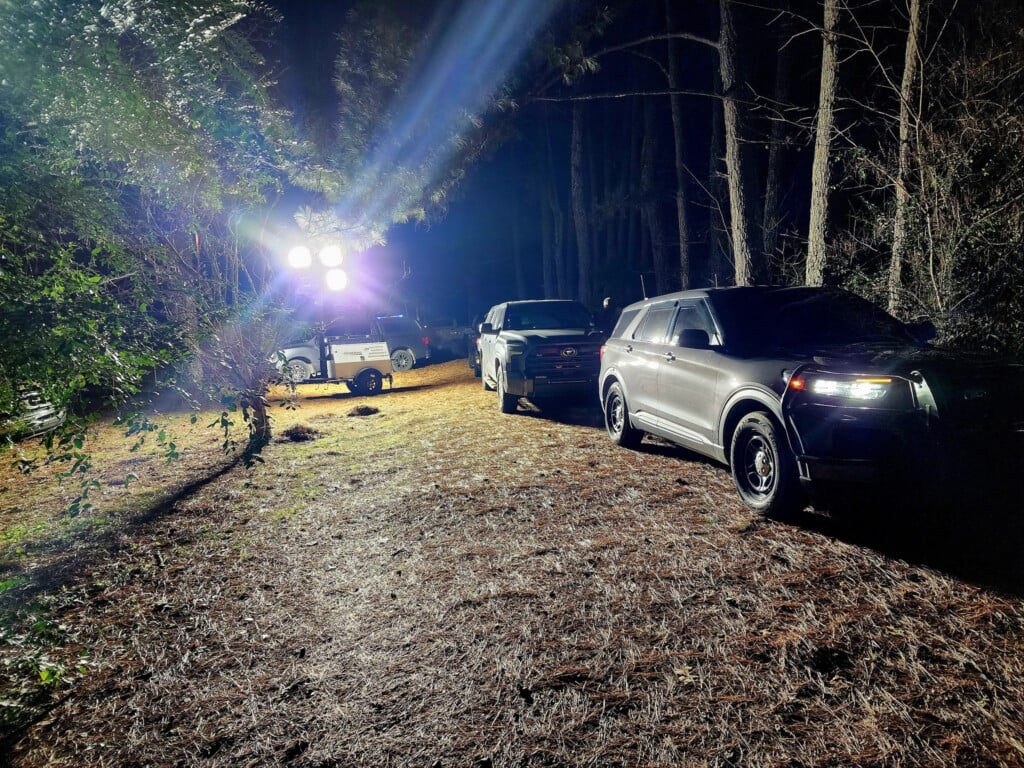Invasive Spotted Lanternfly discovered in TN
NASHVILLE, Tenn.—Invasive species detected in Tennessee.
According to information released from the Tennessee Department of Agriculture, an invasive species of insects has been found in parts of Tennessee. The spotted lanternfly (SLF) was detected in Davidson County.
The species is native to Asia and first appeared within Pennsylvania back in 2014. Tennessee is now the 16th state to detect the insects.

Spotted Lanternfly:
Courtesy of TDA/State Entomologist Cindy Bilbrey
The presence of the species can cause problems for some Tennesseans.
Commissioner Charlie Hatcher, D.V.M. said, “Our Plant Certification Section inspectors responded to a tip from a vigilant citizen about a sighting of spotted lanternfly. This non-native insect is harmful to a range of crops and natural resources in our state. Wood products businesses and fruit growers could be especially vulnerable, and we want your help in watching out for this pest and eliminating any you find.”
The invasive insects can spread throughout areas when people and vehicles move infested material containing egg masses.
According to the TDA, the insects emerge in late summer and early fall. They are typically around one inch long and half inch wide with spotted wings.
The insects prefer to inhabit the Tree of Heaven but will also target grape vines or fruit trees. The species has also been known to appear in black walnut, maple, and yellow poplar trees.
If a tree is infested with the species it may appear to be wilting, have yield loss, or defoliation. In some more sever cases the tree will die.
The TDA says both the adult and nymphs of the insects gather in large numbers to feed on nutrients and water from host plants. SLF lay eggs onto the host plant’s trunks or other surfaces.
According to TDA, if you encounter the insect or an egg mass, take photos, and complete the informational form on Protect Tennessee Forests website at www.tn.gov/content/tn/protecttnforests/resources/report-a-pest.html.
It is then suggested to destroy egg masses by stomping, smashing, or dousing with rubbing alcohol.
It is advised to check vehicles, boats, campers, etc. for egg masses to prevent transported the species to other areas.
Samples of the species are being studied by the State Entomologist and Plant Certification Section staff.
The State Entomologist and Plant Certification Section staff are studying SLF samples, carrying out surveillance, and conducting outreach.
For more news happening in Tennessee, click here.












